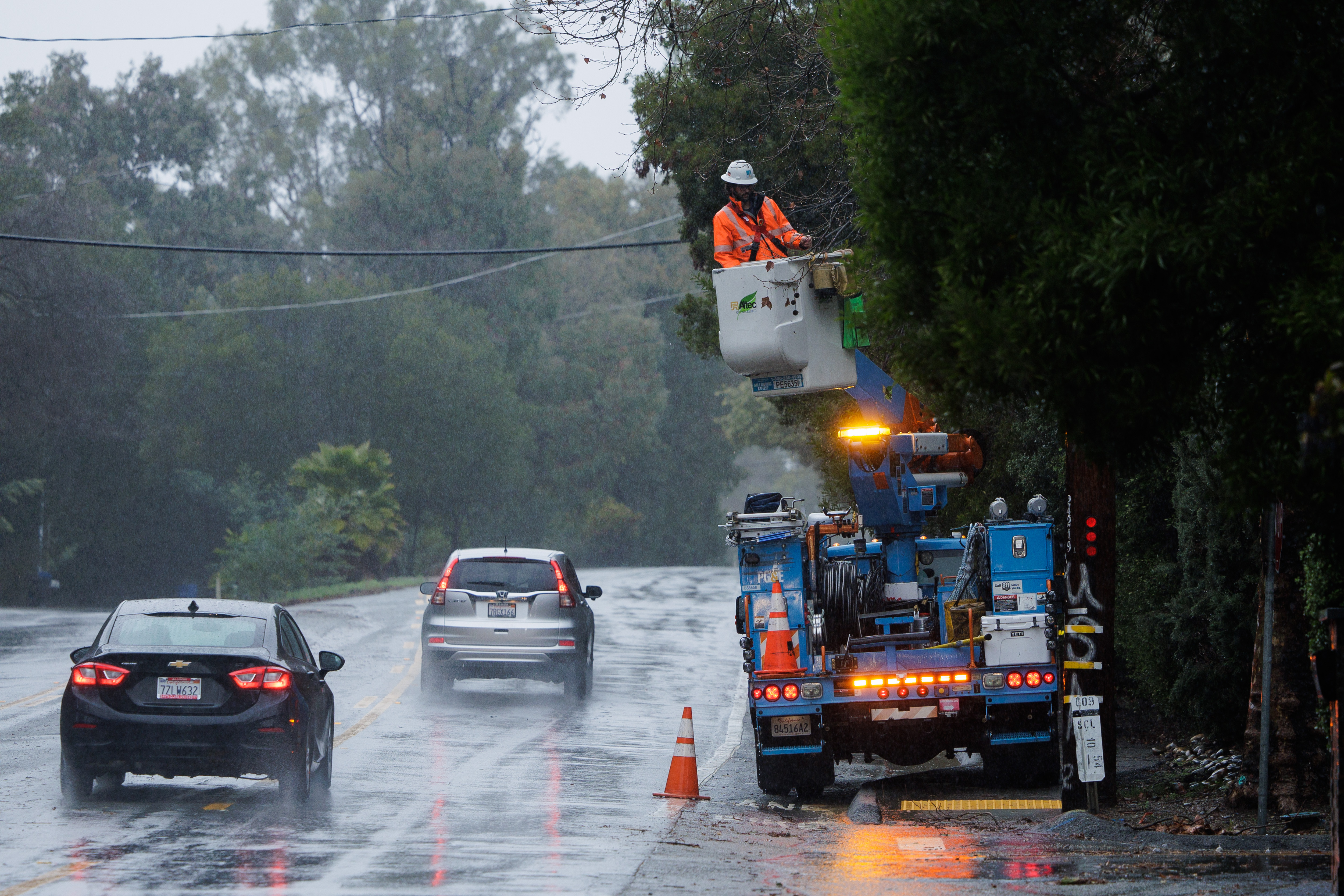With hospitalization rates rising statewide, Bay Area hospitals are making adjustments to handle more COVID patients, especially with a holiday weekend coming up.
Every bit of COVID news ripples pretty quickly through Santa Clara Valley Medical Center in San Jose, the largest hospital in the South Bay.
Including the recent rise of cases statewide, because there, it means preparing for the worst.
Doctor Clifford Wang is the chair of the Department of Medicine at Valley Medical Center. The hospital COVID unit remains off limits but the first stage triage tents are ready for a constant flow of patients, which is exactly what was seen Wednesday.
Wang said the current surge in California is reflected there.
“So far, we’re seeing less severe disease,” he said. “So that’s one thing, and shorter hospitalizations as well.”
Wang also said the South Bay’s high vaccination rate helps.
In fact, many cases are discovered almost accidentally.
Get a weekly recap of the latest San Francisco Bay Area housing news. >Sign up for NBC Bay Area’s Housing Deconstructed newsletter.
“Some might come in for, say, heart failure but they might test positive for COVID,” said Wang. “They may not have symptoms of COVID. They may be asymptomatic but they’re still testing positive and, so, that’s affecting the number of hospitalizations that we’re seeing.”
At this point, Wang said they’re ready for any worst case scenario.
“We have enough PPE, we have enough staffing so far, but we’re watching it,” said Wang. “We’re on guard.”
The public doesn’t always see the long hours and stress on health workers
“You know this has been a long pandemic. We continue to try to take care of everyone as much as we can. People are tired,” said Wang. “But, it’s a new year and we’re looking forward to, hopefully, get through this next surge.”
In Vallejo, Dr. Ted O'Connell spent the day in the emergency room at Kaiser Hospital, which is already seeing more patients.
“I think healthcare workers are fatigued by and large,” he said. “This has been a long two years for us.”
But he, and other doctors said there's light at the end of the tunnel.
Dr. Robert Wachter at UCSF said there are promising trends they're looking to in other countries.
“The experience in South Africa, where cases peaked in about a month and then started coming down almost as rapidly,” he said. “In London, cases peaked in three weeks and they seem to be plateauing, so it seems to burn through fast and come down fast.”



